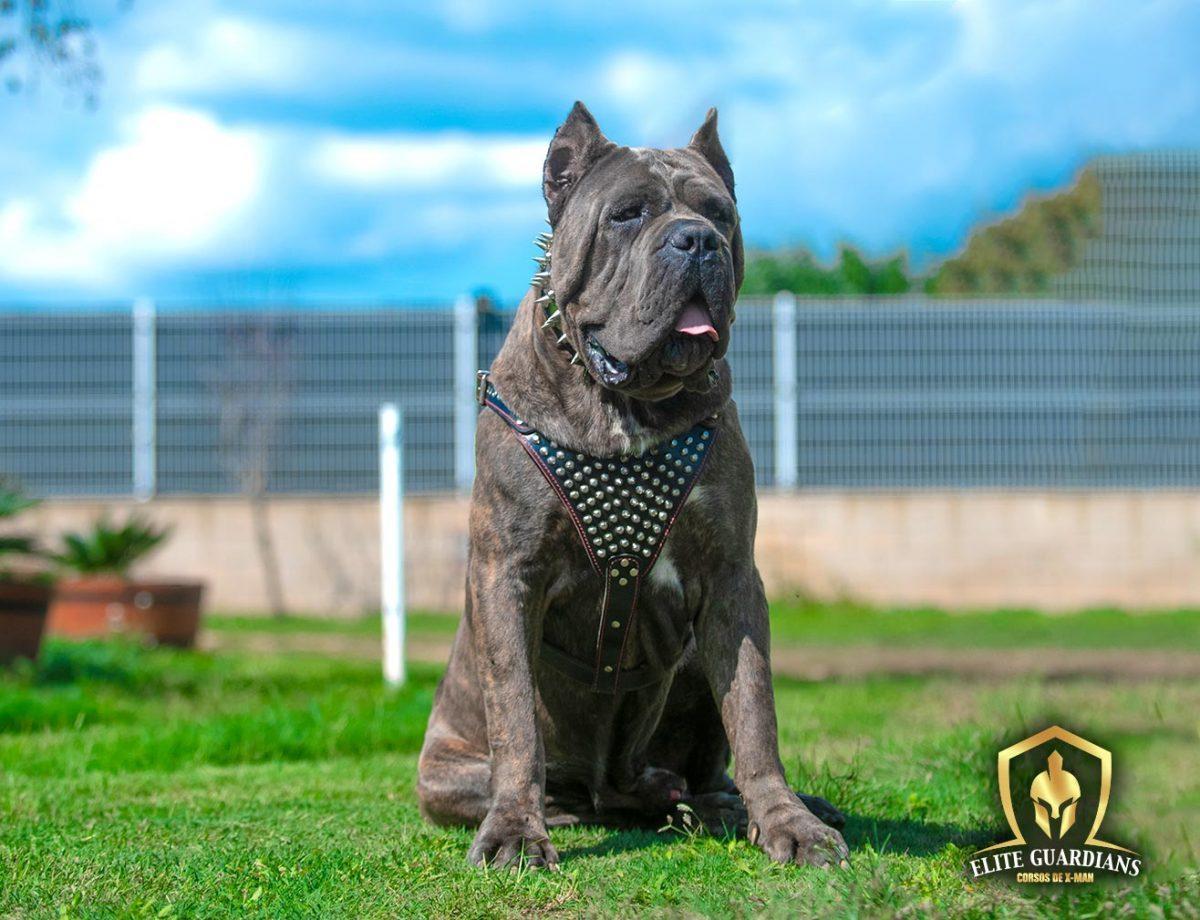The Breeder’s Work: The First Stage of Socialization
From birth to three months, the breeder holds great responsibility. It’s not just about feeding the puppy and ensuring it’s healthy—it’s about exposing it to different situations so it becomes accustomed to the world it will live in.
-
Exposure to sounds → From everyday noises like vacuum cleaners or doorbells to more intense sounds like traffic or storms.
-
Contact with different surfaces → So the puppy gets used to walking on grass, tiles, carpets, etc.
-
Interaction with humans and other dogs → A puppy that has only been isolated may develop fears or insecurities.
-
First experiences with play and basic obedience → It’s not about training them like adults, but helping them associate human contact with positive experiences.
This is where many breeders fail. Some simply leave the puppies in a pen and do nothing else. Later, when the puppy goes to its new home, the owner ends up with a fearful, insecure, or behaviorally problematic dog.
We see it every day. At our kennel, we work with the puppies daily because we know that these early weeks define their lifelong temperament.
The Owner’s Role: From 3 to 6 Months
This is where the new owner comes in. The family adopting the puppy must continue the socialization process. It’s not enough to think that just because the puppy had a good start, the job is done.
-
Exposure to different environments → Taking the puppy to parks, busy streets, different homes… all of this helps them adapt to various situations.
-
Socialization with other dogs → It’s not enough to see dogs from a distance—there must be controlled encounters to teach proper interaction.
-
New experiences every week → A puppy should face new stimuli, from car rides to vet visits, to learn there’s nothing to fear.
If the owner neglects this work, what was once a balanced puppy can become a fearful or overly reactive adult in unfamiliar situations.
Genetics Also Matter
It’s not just about socialization. Genetics play a key role in a dog’s temperament.
Most people don’t realize that a puppy can inherit psychological traits from its parents and grandparents. We’re not just talking about physical features, but also behaviors, insecurities, and even inherited traumas.
Real example:
If a puppy is born from extremely nervous or insecure parents, no matter how much socialization you do, it will always have a predisposition toward insecurity.
That’s why not just any puppy will do. It’s not only about looks or size. Temperament is deeply tied to genetic lineage—and very few people consider this.
The Impact of Poor Socialization
To truly understand why this is so important, imagine this:
A Cane Corso puppy is attacked by a Malinois at two months old. That’s not just a minor scare. The puppy’s brain will associate that experience with real danger.
The result: when that puppy grows up, every time it sees a Malinois, its instinct will be to go on the defensive.
The same applies to other fears. A puppy that hasn’t been exposed to loud noises may develop a phobia of storms. One that hasn’t had contact with strangers might grow into a distrustful and difficult dog.
And all of this could have been prevented with proper socialization.
Conclusion: It’s Not Just About Affection
If you believe that a well-socialized puppy is just one that’s been loved, you’re making a big mistake.
✔️ Socialization is a process.
✔️ It starts with the breeder, but the owner must continue the work.
✔️ Genetics play a key role in a dog’s temperament.
✔️ A poorly socialized puppy can develop fears and insecurities that last a lifetime.



